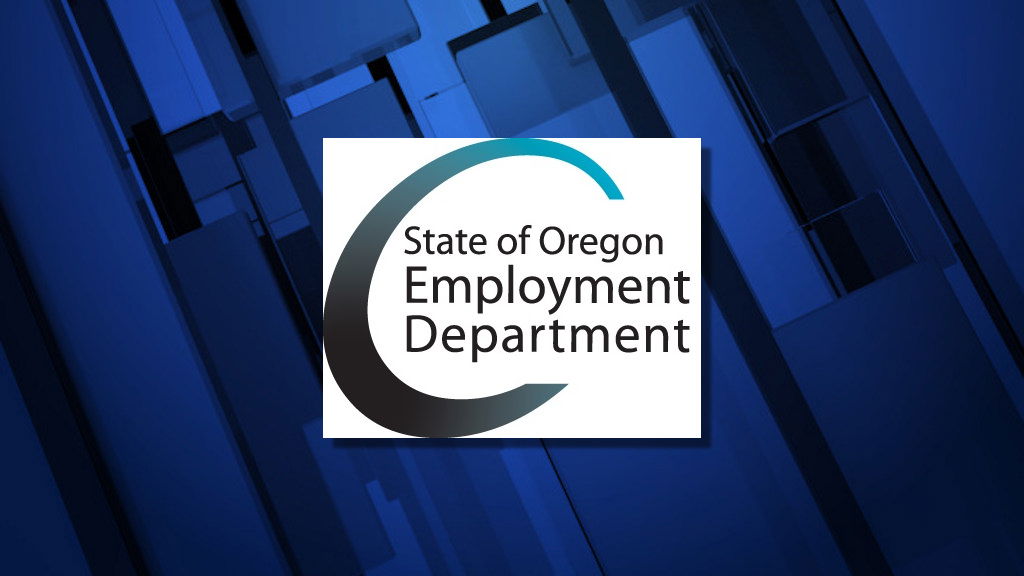Oregon won’t say how much it has lost to unemployment fraud

PORTLAND, Ore. (AP) — Oregon officials continue to refuse to publicly disclose how much money the state has lost to unemployment insurance fraud during the pandemic, despite the fact that neighboring states Washington and California have reported huge sums of money wrongly paid after their systems were targeted by sophisticated hackers.
Reporters and some lawmakers contend that the time has come for the state to disclose the information, but officials from the Oregon Employment Department have refused. They say doing so could provide criminals an opening to exploit their systems further.
“Although some other states have shared fraud-related data, the Oregon Employment Department is not sharing any dollar amounts — including broad estimates — for how much we have identified as fraud, or breakdowns of other numbers,” said Melanni Rosales, the communications director for the department. “That information could shed light on what types of things we find, and when we find them, and could potentially aid criminal schemers.”
Nationwide fraud has overwhelmed state unemployment agencies and antiquated benefit systems that are easy targets for persistent criminals. It has delayed legitimate payments and turned thousands of Americans into victims of identity theft. A review by The Associated Press found that many states have failed to adequately safeguard their systems.
California has been the biggest target, having distributed an estimated $11 billion in fraudulent payments and an additional $19 billion in suspect accounts. Other estimates, according to AP’s reporting across the states, range from several hundred thousand dollars in smaller states such as Alaska and Wyoming to $6.5 million in Colorado and to hundreds of millions in more populous states such as Massachusetts and Ohio.
Washington state was among the first hit with fraudulent unemployment claims believed to be tied to a West African scam ring using identities stolen in prior data breaches, such as the massive 2017 Equifax breach. More than 122,000 fraudulent claims made in the state siphoned $600 million. As of January, Washington was able to recover $357 million.
While officials from the Oregon Employment Department say the state is not facing the same scale of fraudulent claims as seen in Washington or California, in terms of dollar amounts or percentage, they refuse to disclose how much the state has lost, details about ongoing fraud prevention tactics, investigations, or the scope of potentially fraudulent activity.
The AP and other media have requested such information from state officials.
Officials did say that the number of identity thefts in the state increased tenfold from 2019 to 2020 and that they have identified tens of thousands of claims as suspicious.
“We know that in Oregon and throughout the country, fraudsters track the news, and even social media, to discover if they have been detected as well as to find new ways to game the system,” Rosales said.
Gov. Kate Brown agrees with the decision not to release the information, saying that the goal is to preserve the integrity of the unemployment insurance system and trust fund.
“This means, we must use every tool available to us to help prevent and combat fraud,” said Liz Merah, the governor’s press secretary. “At this point, we are not willing to jeopardize this foothold by disclosing information that would make it easier for bad actors to game the system.”
However, lawmakers are divided over the department’s refusal to say how much it has lost.
Read more at: https://apnews.com/article/washington-coronavirus-pandemic-oregon-insurance-fraud-california-c9858d5194d83a856292d3797ff33db5